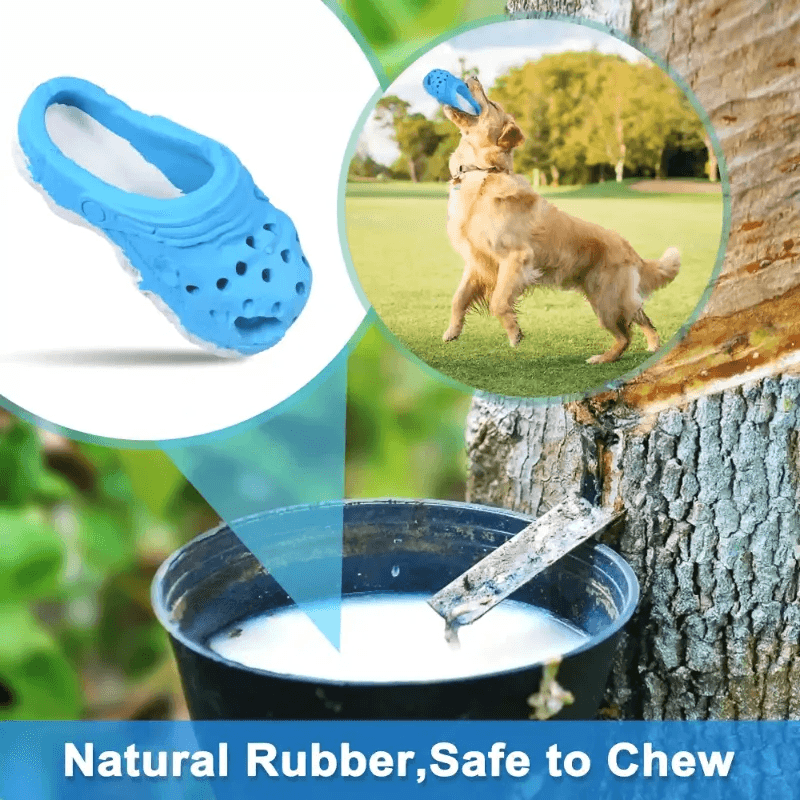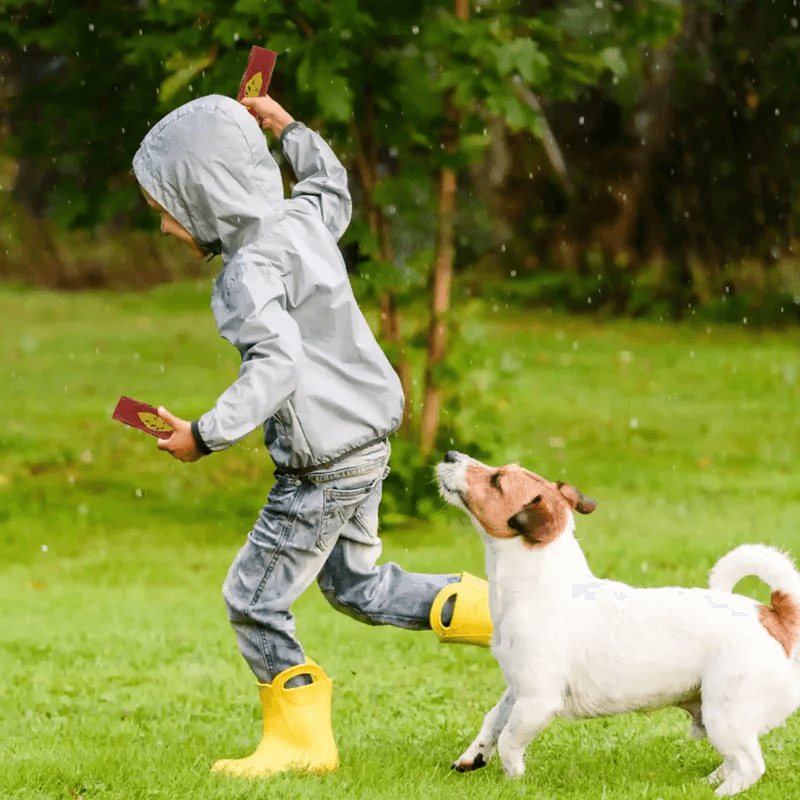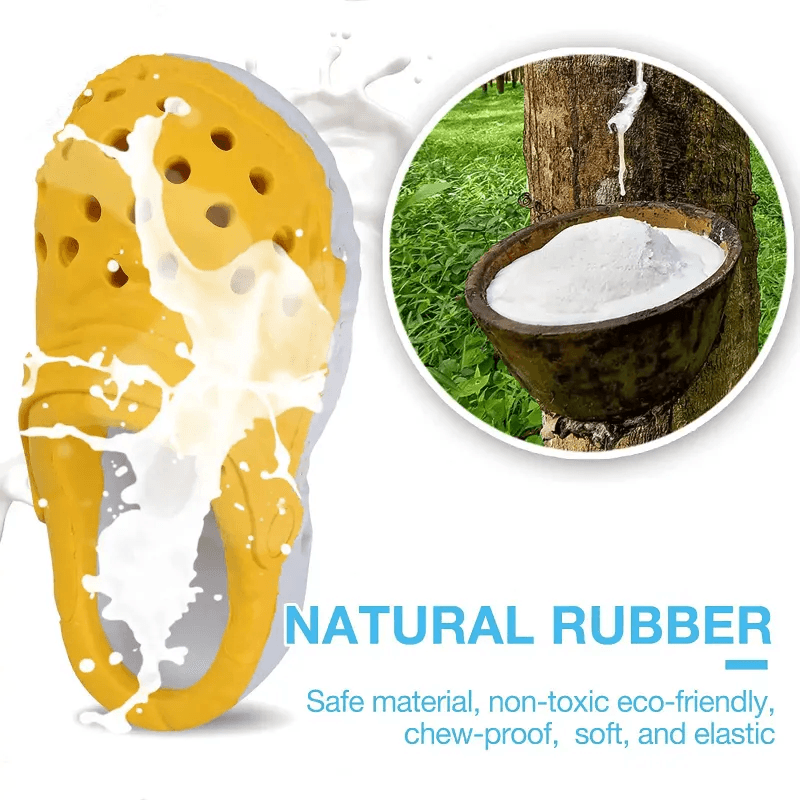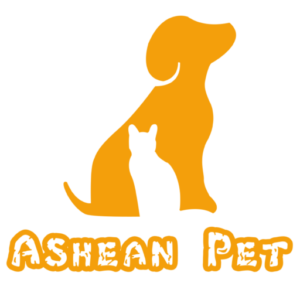
Dogs bring joy to our lives, but choosing their toys can feel overwhelming. Are they safe? Are they eco-friendly? These are common concerns.
Eco-friendly dog toys are made from natural, non-toxic, and recyclable materials, offering safety for pets and sustainability for the planet.
Choosing the right dog toys is critical for your pet's safety and your peace of mind. Let’s dive deeper into the steps to make informed choices.
How do I choose a safe dog toy?
Dogs often chew and play aggressively with their toys. Unsafe materials can put their health at risk. How do you ensure safety?
To choose a safe dog toy, prioritize non-toxic materials, durability, and design features that prevent choking hazards or ingestion1.

Key Features of Safe Dog Toys
- Durability: A toy must withstand heavy chewing without breaking into small pieces.
- Size: Ensure the toy isn’t too small to swallow or too large to cause discomfort.
- Material: Use natural or certified safe synthetic materials, avoiding cheap plastics.
Common Unsafe Practices to Avoid
Unsafe dog toys can lead to health issues or accidents. Avoid these pitfalls:
- Using toys with loose parts that can detach easily.
- Buying toys made from unknown or untested materials.
- Neglecting to inspect toys regularly for damage.
By focusing on quality, certification, and regular checks, you can confidently choose safe toys for your pet.
How to make eco-friendly dog toys?
Ever wondered if you could make a toy that’s safe and eco-friendly at home? It's simpler than you think.
Creating eco-friendly dog toys involves using recycled or natural materials like old t-shirts, rope, or untreated wood2, ensuring they are pet-safe.

DIY Ideas for Eco-Friendly Dog Toys
- T-Shirt Tug Toy: Use old cotton t-shirts to create a sturdy rope for tugging.
- Braided Rope Ball: Recycle natural fibers into a durable chew ball.
- Wooden Chew Stick: Sand untreated hardwood for a long-lasting chew toy.
Benefits of Homemade Dog Toys
- Customization: Tailor toys to your dog’s preferences.
- Sustainability: Reduce waste by repurposing items.
- Cost Savings: Homemade toys are budget-friendly.
Making toys at home not only saves money but also ensures transparency in material sourcing.
What is the most eco-friendly pet?
Pet ownership has an environmental impact. But which pets leave the smallest carbon pawprint?
The most eco-friendly pets are smaller animals like fish, birds, or rabbits3, as they require fewer resources and generate less waste than larger animals.

Environmental Impact of Pets
Here’s a comparison of common pets and their eco-footprints:
| Pet Type | Average Footprint | Food & Waste Impact |
|---|---|---|
| Dogs | High | Meat-based diets, waste bags |
| Cats | Moderate | Litter boxes, meat diets |
| Rabbits | Low | Plant-based diets, less waste |
Reducing the Impact of Dogs
For dog owners, these steps can help reduce environmental impact:
- Feed dogs sustainable or plant-based diets.
- Choose eco-friendly toys and supplies.
- Adopt instead of buying from breeders.
Understanding the broader environmental effects of pets can guide responsible choices.
What is the safest material for dog toys?
Material quality is vital in ensuring a dog toy’s safety and longevity. Some materials can harm pets if ingested or chewed.
The safest materials for dog toys are natural rubber, organic cotton, and food-grade silicone4 due to their durability and non-toxic properties.

Comparison of Materials
Here’s a breakdown of popular materials used in dog toys:
| Material | Safety Rating | Key Features |
|---|---|---|
| Natural Rubber | High | Durable, non-toxic, chew-resistant |
| Organic Cotton | High | Soft, safe for light chewers |
| Food-Grade Silicone | Moderate | Flexible, safe for chewing |
| Synthetic Plastics | Low | Often toxic, breaks easily |
Why Choose Natural Materials?
Natural materials reduce the risk of exposure to harmful chemicals. They are also biodegradable and better for the environment.
Look for certifications like ASTM or FDA-approved labels to ensure material safety.
Conclusion
Choosing eco-friendly dog toys is about balancing safety, durability, and sustainability. With the right materials and practices, we can ensure our pets stay happy and healthy while caring for the planet.
-
Learn how non-toxic and durable materials make dog toys safer and longer-lasting. ↩
-
Discover easy DIY methods for creating safe and eco-friendly dog toys using natural or recycled materials. ↩
-
Understand which pets are the most eco-friendly and why they leave a smaller carbon footprint. ↩
-
Learn why natural rubber, organic cotton, and food-grade silicone are the safest options for dog toys. ↩
